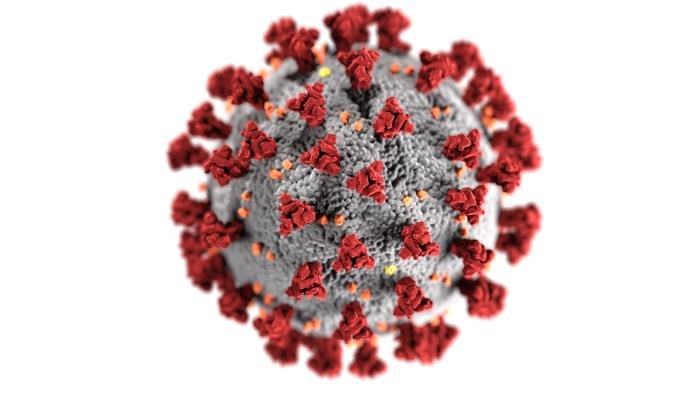COVID-19: Fractional Dose COVID Study

Read the Blog: Joelle Rosser | March 21, 2023 >>
Immunogenicity and safety of fractional booster dose of COVID-19 vaccines available for use in Pakistan/Brazil: A phase 4 dose-optimizing trial
Objectives
The objectives of this study are to evaluate the immune response and side effects of fractional versus full booster doses of BNT162b2 (Pfizer) or AZD1222 (AstraZeneca) COVID-19 vaccines in immunocompetent adults fully primed with BNT162b2, AZD1222, or Sinovac vaccines or natural infection in Brazil and Pakistan.
The FraCT-CoV-2 Trial aims to generate evidence that may support the use of fractional dosing of BNT162b2 and/or AZD1222 for prevention of COVID-19 when used as an additional dose in adults 18-50 years old living in Brazil or Pakistan primed by a full series of Sinovac, AZD1222, BNT162b2 (Brazil only), or natural infection (Pakistan only). Results from this trial can help guide COVID-19 vaccine booster policies in many low- and middle-income countries where availability of highly efficacious vaccines remain limited.
Rationale
Coronavirus disease 2019 (COVID-19), a disease caused by SARS-CoV2 which was first reported in December 2019 in Wuhan, China. Since then, COVID-19 has been a global public health emergency. Vaccination has been a mainstay of reducing transmission, morbidity, and mortality from this disease.
Evidence of waning vaccine effectiveness over time, in the context of Omicron and Delta variant, led to a revised global vaccine policy in early 2022, recommending a booster dose 4-6 months after the primary series (WHO/SAGE Updated roadmap for prioritizing uses of COVID-19 vaccines, 2022).
As of late January 2022, more than ten billion doses of COVID-19 vaccines have been administered globally. However, vaccine access has been wildly unequal, as only 16% of people on the African continent have received a single dose of vaccine, and only 5.5% of people in low- and middle-income countries have received a second dose (Kreier, 2022).
Immunogenicity data and model-based analyses suggest that half- or even quarter-doses of some SARS-CoV-2 vaccines may lessen side effects, increase the availability of these vaccines and be as immunogenic and efficacious as standard doses of the same vaccines, and even more efficacious than other approved vaccines (Wiecek, 2022).
The Strategic Advisory Group of Experts on Immunization (SAGE) encourages further research including prospective randomized trials to assess the safety and immunologic non-inferiority of fractional versus full doses, in particular as a booster vaccination (WHO Interim statement on dose-sparing strategies for covid-19 vaccines (fractionated vaccine doses), Aug 2021).
Project Dates
March 2022 - September 2023
Stage of Work
In Brazil, we have completed participant recruitment and are continuing with participant 3-month and 6-month follow-up. In Pakistan, we are currently recruiting trial participants.
People
Primary Contact: Joelle Rosser, Infectious Diseases Instructor
Stanford University
. Dr. Stephen Luby, Co-PI
. Joelle Rosser: Co-Investigator
. Haley Hedlin: Team Lead, Senior Biostatistician, Stanford Medicine Quantitative Sciences Unit (QSU)
. Vivek Charu: Biostatistician, QSU; Asst. Prof. Pathology and Medicine (Quantitative Sciences)
. Amy Zhang: Biostatistician, QSU
. Victor Ritter: Senior Biostatistician, QSU
. Blake Shaw: Biostatistician, QSU
. Kevin Einkauf: Medical student
Collaborators:
Aga Khan University Hospital, Pakistan
Funding
CEPI: Coalition for Epidemic Preparedness Innovations